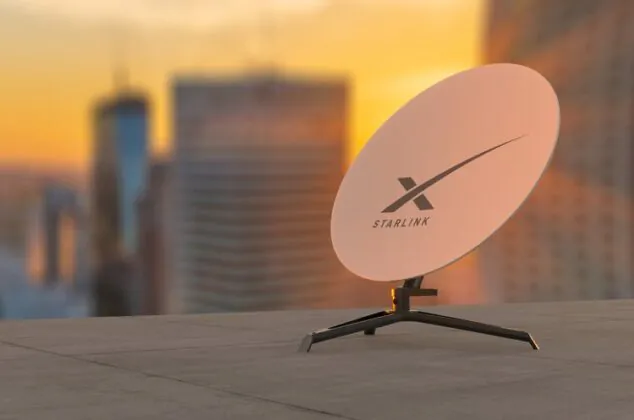Our Terms & Conditions | Our Privacy Policy
Lesotho Approves Starlink Amid South Africa’s Regulatory Standoff
 Elonstarlink
Elonstarlink
Lesotho has licensed SpaceX’s Starlink to operate satellite internet services for a decade, positioning itself as a regional advocate for connectivity innovation while neighboring South Africa continues to resist the company over ownership rules.
The Lesotho Communications Authority (LCA) announced the decision Monday, citing streamlined regulatory reforms to accommodate low-earth orbit (LEO) satellite technology after public consultations.
“This landmark decision underscores our commitment to a competitive, transparent communications sector that drives economic growth,” the LCA stated, though it did not address domestic calls for local equity mandates similar to those stalling Starlink’s entry into South Africa. There, Broad-Based Black Economic Empowerment (B-BBEE) laws require foreign telecom firms to cede 30% ownership to local stakeholders a hurdle Starlink has declined to navigate, according to industry observers.
The approval enables Starlink to expand its African footprint, which already includes Nigeria, Mozambique, Somalia, and Zimbabwe. Its satellite-based service is particularly critical for rural and underserved regions, where traditional infrastructure remains sparse. Lesotho, a mountainous enclave within South Africa, faces significant connectivity gaps, with only 40% of its population online as of 2023.
The move highlights divergent regulatory philosophies across southern Africa. While Lesotho prioritizes rapid technological adoption to spur development, South Africa’s emphasis on equitable ownership reflects broader debates over economic sovereignty and foreign investment. Civil groups in both nations have raised concerns: In Lesotho, organization Section 2 argues local ownership requirements ensure long-term community benefits, while South African critics contend rigid policies risk isolating the country from global innovation.
Starlink’s African expansion arrives as demand for reliable internet surges continent-wide, driven by remote work, education, and digital finance. Yet its growth also tests balancing acts between open markets and protective regulation. Analysts note that without compromise, South Africa may lag in connecting its rural majority 23 million of whom lack internet access as regional peers leverage foreign expertise to bridge divides.
For now, Lesotho’s decision signals confidence in satellite technology’s potential to transform economies. As African nations weigh inclusivity against investment, the Starlink saga underscores a pivotal question: Can regulatory frameworks evolve swiftly enough to harness emerging tech without sidelining local stakeholders? The answer may define the continent’s digital trajectory for decades.
Send your news stories to newsghana101@gmail.com
Follow News Ghana on Google News
[ad_1]
Images are for reference only.Images and contents gathered automatic from google or 3rd party sources.All rights on the images and contents are with their legal original owners.
[ad_2]


Comments are closed.